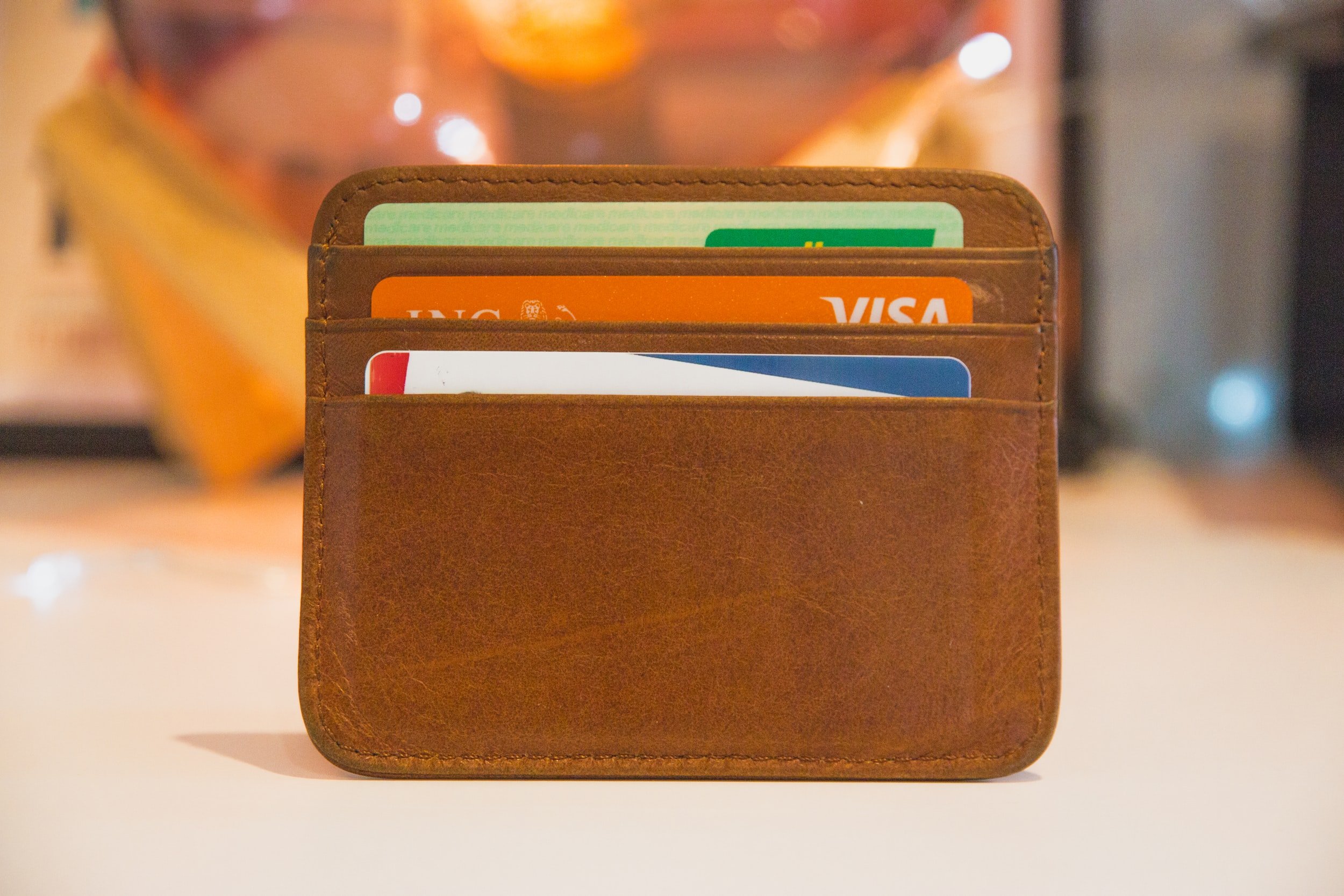The Best Joint Bank Accounts: What To Look For
Maybe you’ve just started to join up your finances with a partner, or maybe you’re looking to see if there's a better account than the one you’re currently using. Perhaps you aren’t looking for a joint account to share with your partner, but rather a housemate,friend or business partner. Either way, it makes sense to do your research on what to look for in a joint bank account and how to find the best one for you.
In this article, we’ll explain exactly how joint bank accounts work, what key features you should make sure they have, and how to find the best joint bank account for your circumstances.
Skip to the bottom of this article if you want to see a list of highest rated joint bank accounts.
What is a Joint Bank Account?
It might seem straightforward, but a joint bank account is one that is shared between more than 1 person. This means you will both have access to the funds that are held within the account, you can both have a card to access it and you can both see the balance on your online banking or statements.
Joint accounts can be set up in a number of different ways depending on what it is you are using it for and how you want to access the funds. The most important aspect of a joint bank account is whether you create an account that allows both people to sign, or one that you both have to sign for.
An account that you can both use independently makes the most sense for a regular everyday account that is used by a couple for household bills. This means that either one of you can pick up things for the house, buy groceries or pay a utility bill using the money in the joint account. Obviously the most important aspect of this is that you trust the person you’re sharing the account with, because you will both have equal access to any money that's in it.
The other way you can structure the account is by requiring both account holders to sign off on any transactions. This would be a massive headache for an account that is used regularly, but for accounts that are used for things like businesses, saving for a holiday or large purchase only, it makes more sense. The main benefit of doing things this way is that all the account holders will have a part in the decision making process for every purchase.
Earning Interest on a Joint Account
Now at the moment, bank accounts aren’t paying much interest, but even so you are probably picking up a few pounds a month if you’ve got a decent balance. This is pretty straightforward when the account is just in a sole person's name, but what about when it's a joint account?
Luckily, it's really simple. Any interest that is earned on a joint bank account is attributed 50/50 to each person name as an account holder. This means that if you earn £200 in interest on the account over the course of a year, £100 of this will be deemed to be interest payable to Account Holder 1 and £100 will be deemed to be interest payable to Account Holder 2. It doesn’t matter if someone spends the interest and the other one doesn’t or anything like that, it's just split right down the middle.
This is important to keep in mind for tax purposes. You probably won’t have to pay tax on your joint bank account interest unless you have a lot of money in there, but it’s still worth keeping in mind. If you have to complete a self assessment tax return, you might have to declare this interest when you do it.
Who is Responsible for a Joint Account Overdraft?
Just like the interest is shared between joint bank account holders, so is any debt that is accrued on the account. In most cases this will be in the form of an overdraft. The debt side of the equation works slightly differently than the interest though, because both account owners are what's known as ‘jointly and severally liable’. This means that you are both liable for any debt incurred on the whole account.
For example, if there is an unpaid overdraft of £200 outstanding on an account, both account holders are liable for this debt. That means that if one account holder skips the country or refuses to pay, the bank can pursue the other account holder for the full £200.
Again, this is why it’s really important to ensure that you fully trust the person you are opening a joint account with. Not only will they have access to the total balance of the account, they will also have full access to any credit limit that is available such as an overdraft.
What Happens to a Joint Bank Account When a Person Dies?
Usually in the UK, the balance of a joint bank account will automatically transfer to the surviving account holder. This can make joint accounts beneficial for older people, as it can ensure that each partner retains access to their money if one was to pass away.
This is slightly different in Scotland, where the transfer doesn’t happen automatically. The bank will normally still allow you to use the account, but you will need to provide a death certificate to formally have the account transferred over to the surviving person.
How to Close a Joint Bank Account
Most banks will need to have closure forms signed from both account holders. This will usually need to be a hard copy signature, or will require a visit into the local bank branch. Some banks will allow one account holder to close a joint account, but this is fairly rare.
Before you are able to close a joint bank account, you’ll need to make sure that any overdraft is paid off. In addition, part of the account closure process will ask where you want any remaining balance to be transferred to.
What are the Best Joint Bank Accounts?
The best joint bank account will depend on your needs as outlined in this article. Review website Which? Reviews bank accounts on a range of different criteria, and provides a Customer Score which rates the service and features for various banks and financial institutions.
If you are looking for a joint account for 2 account holders, where you only need one account holder's approval to make transactions, the highest rated provider based on the Which? Customer Score is Starling Bank.
If you are looking for a joint account for 2 account holders, where you want both account holders to approve every transaction, the highest rated provider is Santander.
If you need an account with up to 4 account holders, the highest rated provider is Metro Bank.
Summary
There are a lot of things to consider when looking at opening a joint bank account. The key aspect to keep in mind is that you will be joining your finances with another person or other people, and this comes with risks. A joint bank account can make managing a household or business day to day finances much easier, but it's really important that you trust the person or people.










